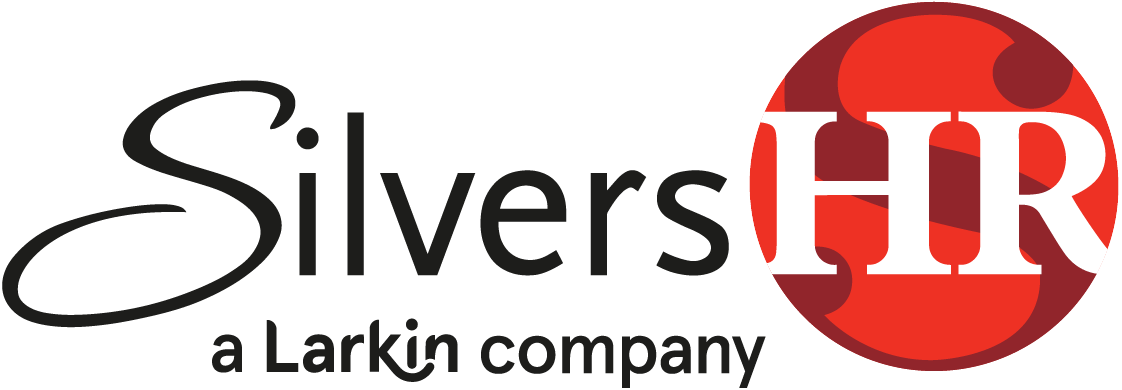Question: We want to hire a summer intern. Do we have to pay them?
In most “for profit” businesses, the answer is generally “yes.” The Department of Labor (DOL) released Fact Sheet #71 in January of 2018 which explains that the “primary beneficiary test” should be used to determine whether an intern or student is an employee and should be paid. If you are considering using unpaid interns you should carefully evaluate the work the interns are performing and analyze each of the seven factors as part of the primary beneficiary test. If the employer benefits more than the unpaid intern, the individual should be treated as an employee.
The seven factors are listed below:
- The extent to which the intern and the employer clearly understand that there is no expectation of compensation. Any promise of compensation, express or implied, suggests that the intern is an employee—and vice versa.
- The extent to which the internship provides training that would be similar to that which would be given in an educational environment, including the clinical and other hands-on training provided by educational institutions.
- The extent to which the internship is tied to the intern’s formal education program by integrated coursework or the receipt of academic credit.
- The extent to which the internship accommodates the intern’s academic commitments by corresponding to the academic calendar.
- The extent to which the internship’s duration is limited to the period in which the internship provides the intern with beneficial learning.
- The extent to which the intern’s work complements, rather than displaces, the work of paid employees while providing significant educational benefits to the intern.
- The extent to which the intern and the employer understand that the internship is conducted without entitlement to a paid job at the conclusion of the internship.
To view the DOL’s Fact Sheet #71 click here.
Call your HR Consultant for further questions.
